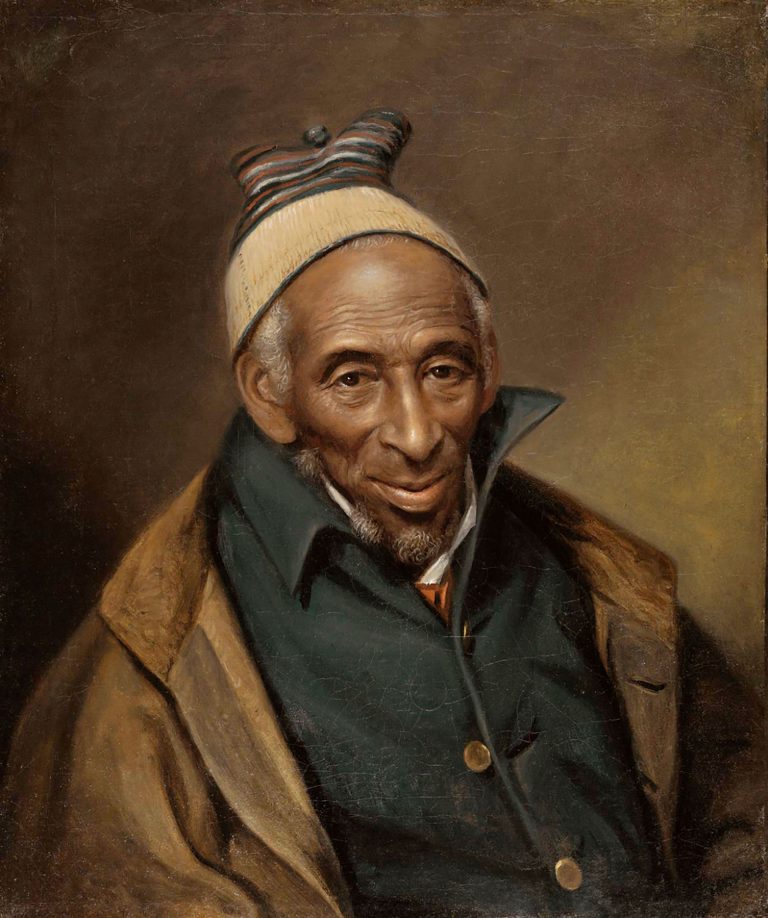About Us

About Us
Muslim American Heritage Observance
As a member of the United Nations Economic and Social Council, MALA launched “Muslim American Heritage” as an effort to promote diversity, inclusion, and address various topics that are impacting our community. The Muslim American Heritage Celebration was created to help promote public appreciation of “Muslim-Americana” – the diverse contributions Muslims have made to our nation’s culture and progress.
The program provides resources for schools, civic groups, congregations, and even individual families to celebrate the accomplishments of Americans of Muslim heritage and the fundamental freedoms that have enabled us to thrive. Muslim American Heritage is an observance to the United Nation’s Sustainable Development Goals through (1) arts and music festivals, (2) salon-type events addressing human rights, (3) various awards and scholarship contests for Muslim American youth (4) screenings of films by and/or featuring Muslim Americans, and (5) creating a digital library of Muslim American heritage.
Advancing Humanity American Dream Success Stories Enriching Arts & Culture Diplomacy & Humanitarianism
Muslim American Heritage Observance is coordinated by an Honorary Committee and a coalition of civic organization, under the fiscal sponsorship of the Muslim American Leadership Alliance. The national observance is non-partisan and non-theological, a civic effort embracing the broad diversity of Americans of Muslim heritage.
